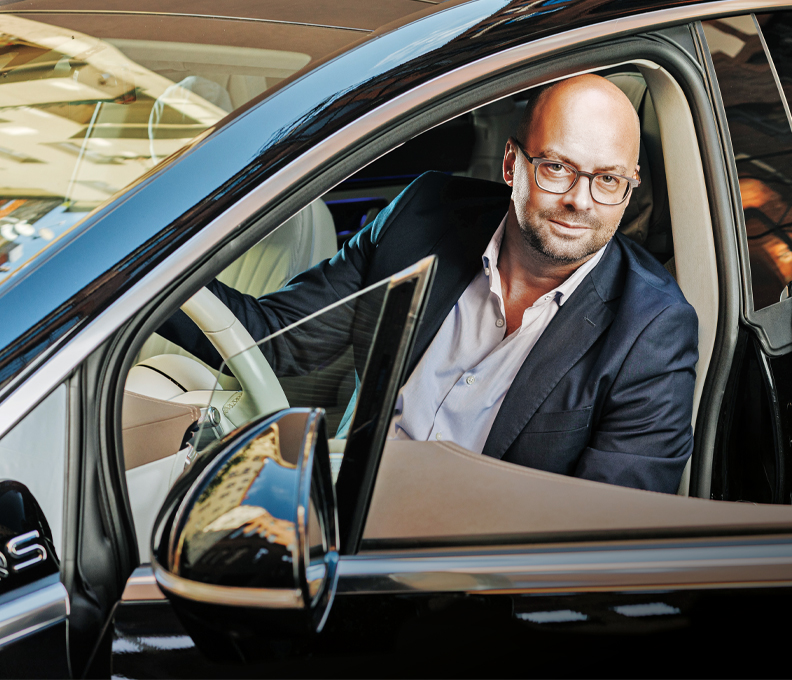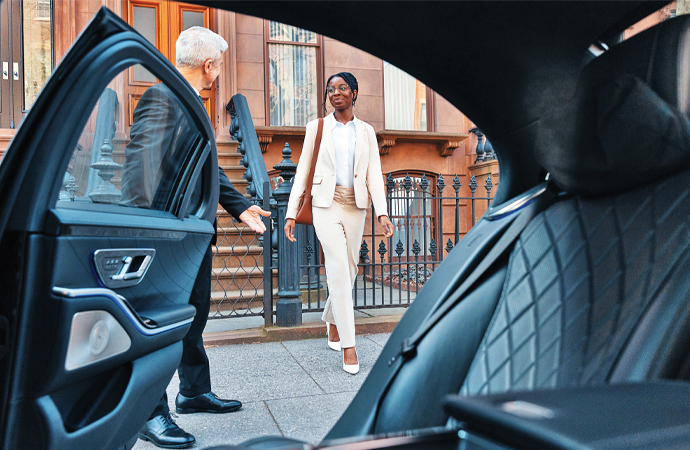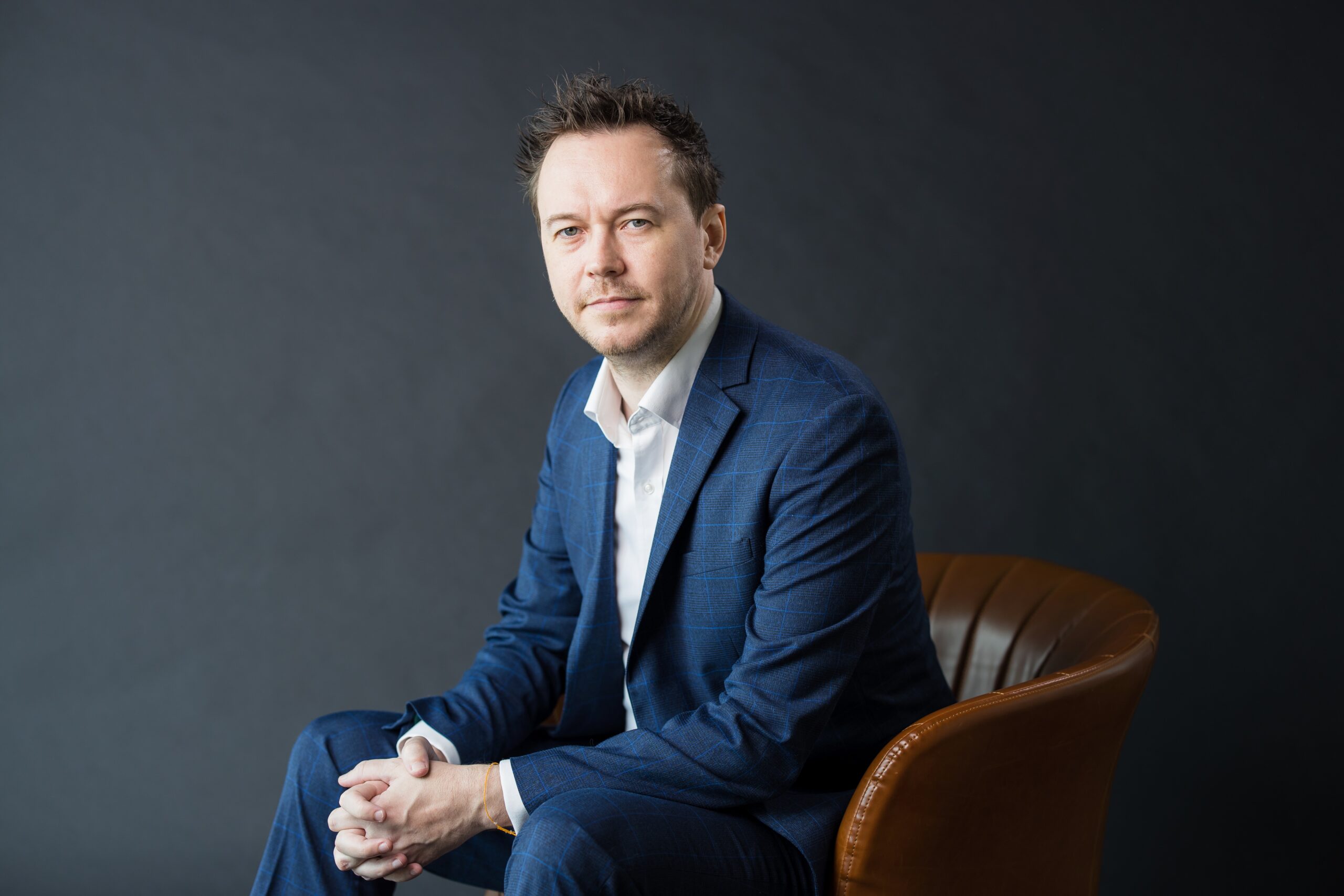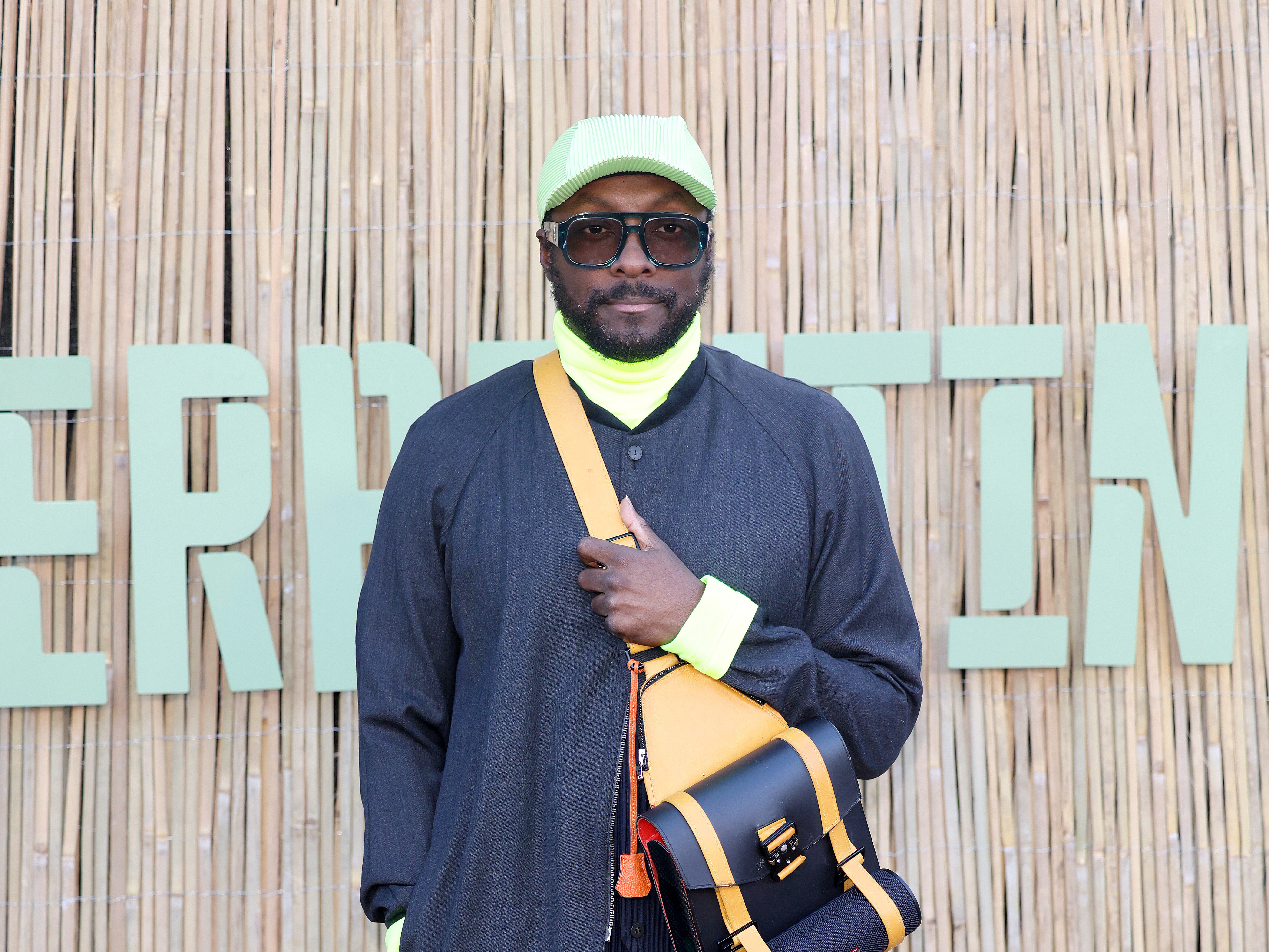Inside Blacklane: Jens Wohltorf’s Mission to Redefine Luxury Ground Travel
From fragmented chauffeurs to a global platform, Blacklane redefines premium ground travel with service, sustainability, and consistency at its core
by Sahar Khan
September 4, 2025

CEO Jens Wohltorf / Photo: Courtesy of Blacklane
In the late aughts, as a consultant the Boston Consulting Group in Berlin and then Chicago, Jens Wohltorf traveled frequently to projects around the world. “Ground transportation, the first and the last mile of travel, was almost always the vulnerable part of the trip,” he says.
The chauffeur companies he used were local, fragmented, often offline and offered varied levels of quality and service. There were times when the chauffeur didn’t show up, the car was dirty or the chauffeur drove too aggressively.
Other times the experience was excellent. Wohltorf wondered, Why can’t it be excellent every time?
When he looked into it, Wohltorf learned that there were tens of thousands of small, independent chauffeur companies around the world, each with their own set of standards. They had two to three cars and drivers, and often depended on large companies as their anchor clients. But if they lost that client, “They were basically left with nothing,” Wohltorf says. “There was also so much risk on their side that could have been improved by aggregating all of those players in a smart way.”
Building Blacklane
These experiences inspired Wohltorf to cofound global chauffeur service Blacklane in 2011. The company aims to provide customers with consistent and reliable service every time, by bringing chauffeur companies onto one platform. Blacklane facilitates the rides, selling them to companies. While the model may be similar to ride-sharing apps, Blacklane only works with registered, licensed and regulated chauffeur companies.

Blacklane service in New York City / Photo: Courtesy of Blacklane
Customers can expect white-glove service, thanks to Blacklane’s vetting process that includes setting standards for vehicle models and age, as well as interviewing and training each of its 10,000 chauffeurs. “When you enter a Blacklane, the chauffeur should read your state of mind,” Wohltorf says. “Are you going to a presentation and you want absolute silence? Or have you had a great night out and maybe you are chatty? A chauffeur should have the social intelligence and empathy to know what a customer wants before they know it themselves.”
A Vision for Growth
At the beginning, Blacklane connected with chauffeur companies to fill gaps in their schedules, like returning to the city after an airport drop-off. As the company grew, Wohltorf says, more chauffeurs used the platform for a majority of their rides. Over time, Blacklane started to work with hotels, airlines, cruise lines and travel agencies that wanted “one trusted brand that was easy to use,” he says. Headquartered in Wohltorf’s hometown of Berlin, Blacklane now operates in 500 cities across 50 countries, has turned a profit since 2022, and has raised $127 million in funding to date.
His father owned a moving company and Wohltorf wrote his PhD thesis on urban traffic patterns. “All my life was logistics and travel and traffic—maybe that’s the reason I ended up here,” he says. He had the idea for Blacklane in 2008, but hesitated to launch it until 2011. “That was a shame, because it’s been such a great ride since then,” he says. It’s fair to say Wohltorf has more than made up for lost time—and continues to do so. Part of Blacklane’s vision for expansion includes growing its fleet of electric vehicles. Since 2017, Blacklane has offset all its road emissions, a cost absorbed by the company, not its customers. “When we started, we were by far the first one in the industry that offered carbon-neutral transportation globally,” he says. In Dubai, Blacklane employs a fully electric fleet; in London, half its fleet is electric.
Setting Global Standards
Another aim is to offer its Chauffeur Academy in more cities. The academy, which issues diplomas, offers online and physical classes that focus on theory, driving practice and standardized etiquette. “We saw inconsistencies from market to market, and even within different companies that interpreted the job of chauffeur differently,” Wohltorf says. The classes emphasize nuanced detail, such as an hour-long module on how to open a car door. “There are so many different variables to take into account when opening a door,” he says. “It depends on the weather, the venue, or if you have women or men as guests.”
Wohltorf also wants to recruit more female chauffeurs. “They consistently score better than our male chauffeurs around the world,” he says. In certain markets, women make up 50 percent of Blacklane’s customer base, and many feel more comfortable with a female chauffeur.
As the company continues to grow, Wohltorf remains excited about its possibilities. “The biggest success for me is seeing how Blacklane is thriving,” he says, “seeing how chauffeurs over time hired their own chauffeurs, and with the Blacklane setup, became super-successful companies.”




